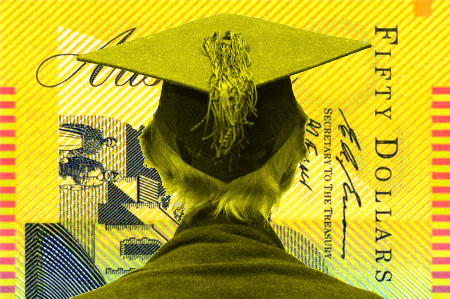SES study shows imbalance
 Swiss researchers say grouping students based on their achievement levels can artificially create social class inequalities.
Swiss researchers say grouping students based on their achievement levels can artificially create social class inequalities.
Social psychologists say evaluators tend to consider a lower track more suitable for a low socioeconomic status (SES) pupil and a higher track more suitable for a high-SES pupil, even when school achievement was identical.
“Our research suggests that the selection required by the tracking system may lead evaluators to artificially create academic differences among students, as a function of their socio-economic status,” says researcher Anatolia Batruch from the Université de Lausanne in Switzerland.
In the first two studies, college students playing the role of teachers decided which school track was suitable for a pupil whose socioeconomic status (SES) was manipulated.
Although the students' achievement was identical, participants considered a lower track more suitable for lower SES than higher SES pupils, and the higher track more suitable for higher SES than lower SES pupils.
A third study explored the language used to describe the function of school and its goals.
The results showed that a focus on selection, or “to orient students according to academic abilities and lead everyone to the maximum of their potential”, led tracking to be associated to SES inequalities - even when achievement was identical - more than when participants were presented with a description focused on education.
“Allowing students who almost meet the criteria to follow an academic path could be interpreted as offering these students a privilege, which is, in the case of our studies, more readily offered to high-SES students than to low-SES students,” says researcher Fabrizio Butera.
The results appear in the journal Personality and Social Psychology Bulletin.







 Print
Print